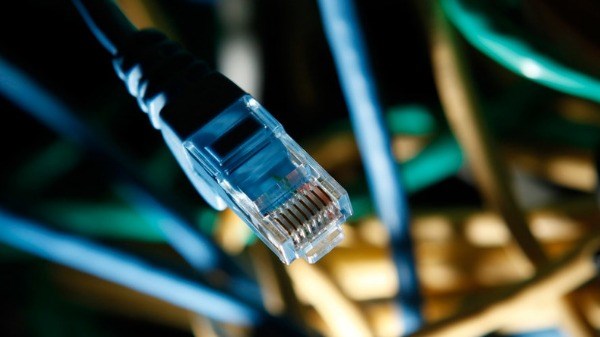Kremlin tests disconnecting Russia from world internet
Russian authorities held exercises to isolate the Russian internet segment (Runet) from the global internet, RBC news agency reports, citing sources and materials of the working group "Information Security" under Russia’s Digital Economy national program.
The exercises, which took place between June 15 and July 15, were attended by Russia’s "big four" internet providers (MTS, Beeline, Megafon and Tele2), as well as Rostelecom, Transtelecom and ER-Telecom Holding.
"The possibility of physical shutdown of the Russian segment of the Internet was tested," a source in the telecommunications market told RBC news agency .
According to another interlocutor of the news agency, "the exercises were successful." The official completion of the tests is scheduled for August 31.
In November 2017, Russian President Vladimir Putin demanded that an autonomous Internet governance system be developed that would remove the Russian internet segment out of the "dominance" of the United States.
The Russian Ministry of Telecom and Mass Communications, together with the Ministry of Foreign Affairs, was instructed to agree with the BRICS countries on the creation of a parallel Internet, an independent system of root domain name servers (DNS), which would "duplicate" the existing ones. They would be independent of the control of international organizations and would protect, among other things, Russian users from "targeted influences".
The international project of a separate Internet failed, and the Russian authorities decided to act alone. A year later, Russia adopted a law "on the sovereign Internet", which requires not only to ensure the possibility of autonomous operation of the Runet and minimize the transfer of data abroad, but also introduces strict control over traffic within the Russian Federation, expanding the functions of the Russian media watchdog, Roskomnadzor.
According to the law, all traffic within Russia should pass through exchange points approved by the Roskomnadzor. To do this, mobile operators and Internet providers must install equipment on their networks using which the agency will be able to control the internet traffic, as well as block prohibited resources.
At the end of 2019, the Russian government prepared a list of threats, which, could prompt Roskomnadzor to centralize internet control in the country.
The list includes providing access to prohibited information or blocked resources, cyber attacks and other information attacks on communication facilities and networks, threats to the availability of government online resources, violation of information security of automated network management systems and a number of others.
In February 2019, Putin said that the Internet is an invention of the special services of the West, which "sit there and eavesdrop and collect defense information". Two years later he called the Internet a threat that can destroy society from within. According to Putin, the Internet must be subordinated to the laws of morality.
The necessary infrastructure for the implementation of the law "on the sovereign Internet" is planned to be completed by the end of 2021.
By that time, in accordance with the Digital Economy national program, the information system of the Center for Monitoring and Management of the Public Communication Network be fully functional work.
